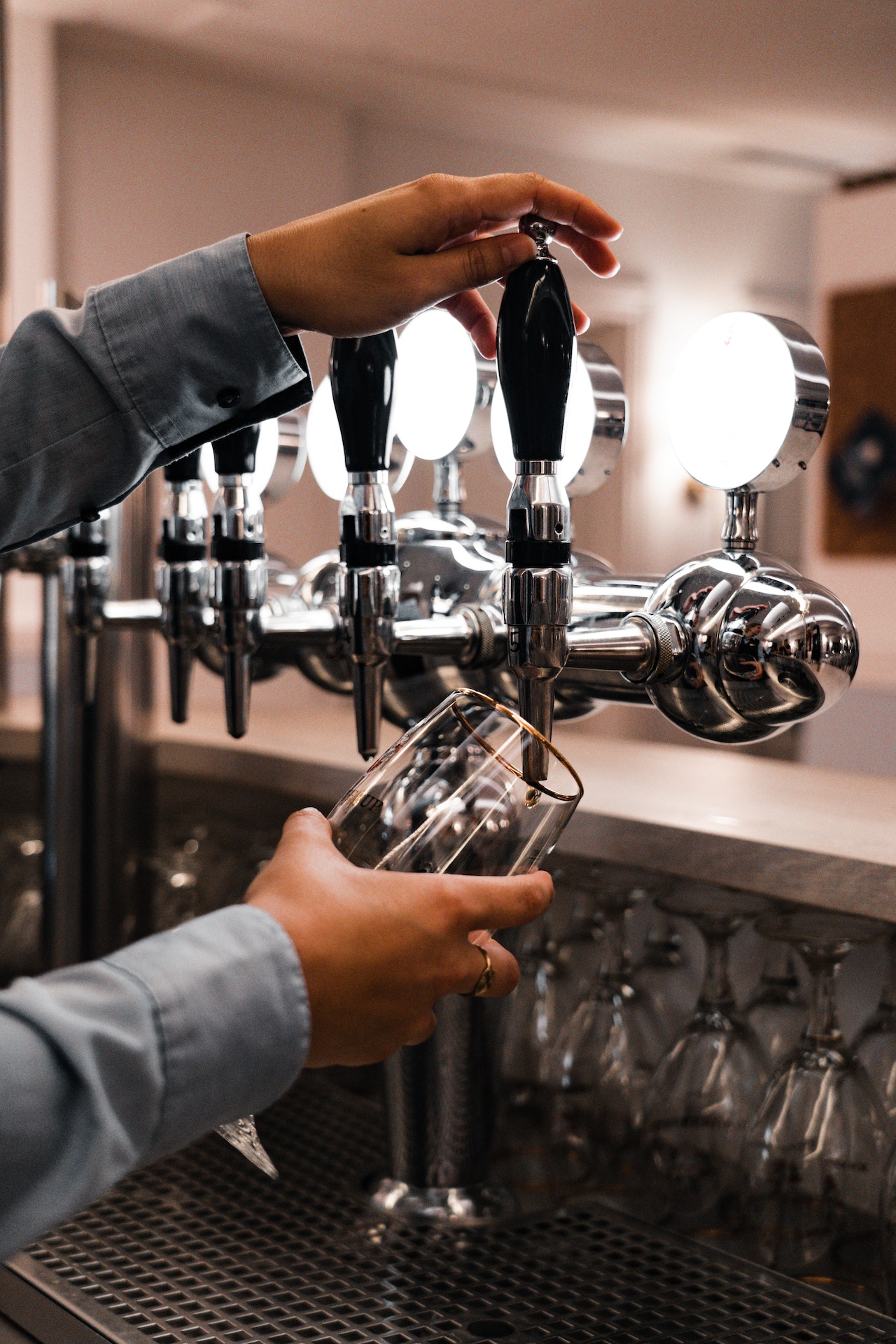Bud Light, the flagship brand of Anheuser-Busch InBev, is grappling with a persistent sales decline as new Nielsen data paints a grim picture of its performance. The week ending August 5 witnessed a sharp 26.5% decline in Bud Light sales, marking a further deterioration from the previous week’s 25.9% drop.
This continued downturn follows a controversy sparked earlier this year when transgender influencer Dylan Mulvaney endorsed Bud Light on Instagram. The endorsement led to social and political backlash, triggering a boycott by some consumers. Despite efforts by Anheuser-Busch InBev to counter the decline – including a $15 rebate promotion on larger Bud Light purchases and ongoing discounts – the brand’s recovery remains elusive.
The impact of the sales slump is not limited to Bud Light alone. Other offerings within Anheuser-Busch InBev’s portfolio, including Michelob Ultra, Busch Light, and Budweiser, have also experienced negative trends. Michelob Ultra’s volumes declined by 2.9%, Busch Light saw a 7.3% decrease, and Budweiser faced a significant 14.7% drop.
Heineken, a rival in the brewing industry, has further compounded Anheuser-Busch InBev’s challenges. Heineken’s introduction of a new light beer, Heineken Silver, coupled with a substantial $100 million marketing campaign featuring free samples, has intensified competition for disaffected Bud Light consumers.
Investors have taken note of the brand’s struggles, with Anheuser-Busch InBev’s shares declining by 4% over the past six months, a contrast to the S&P 500’s 8% increase during the same period.
Analysts predict that the enduring controversy surrounding Bud Light could continue to hinder the company’s performance for the remainder of the year. As Anheuser-Busch InBev navigates these headwinds, its ability to innovate and regain consumer trust will be pivotal in shaping the brand’s trajectory moving forward. Industry observers and investors are closely watching as the company navigates this challenging landscape.



